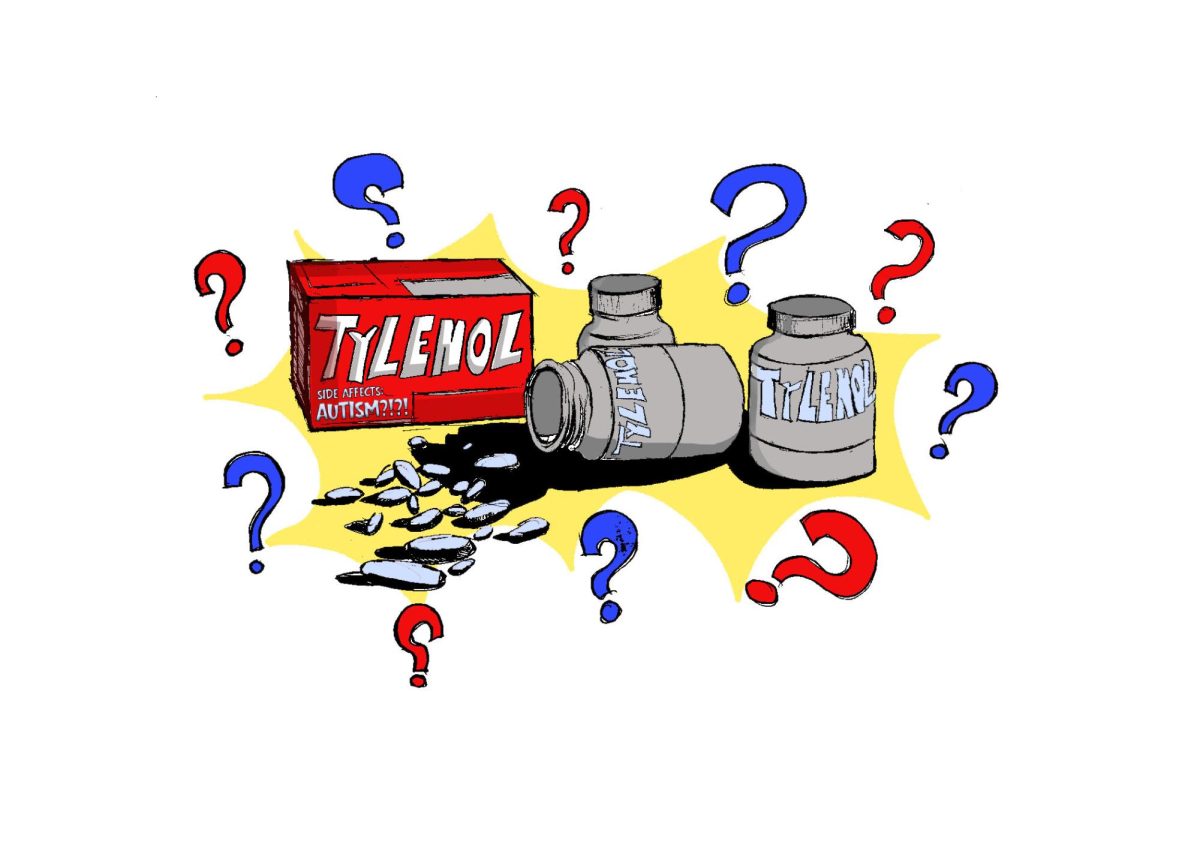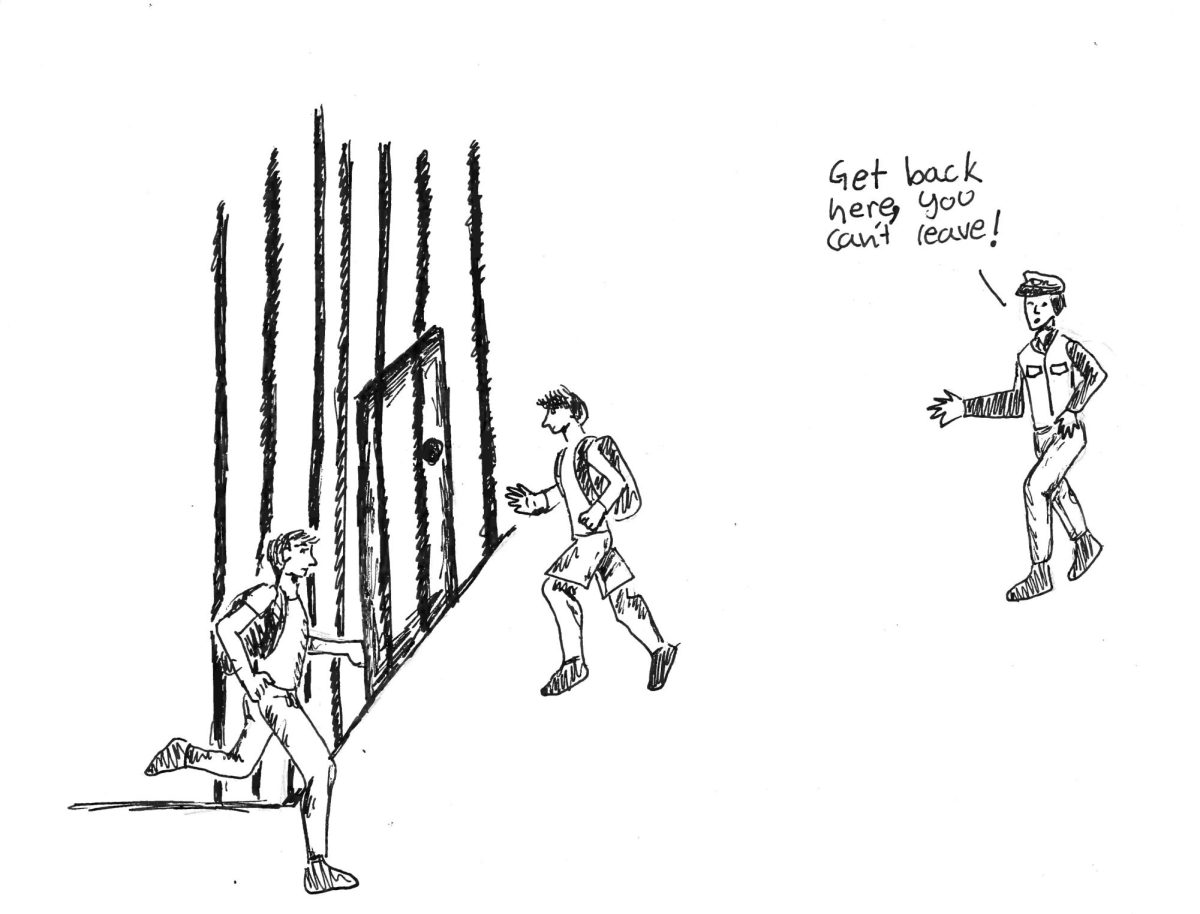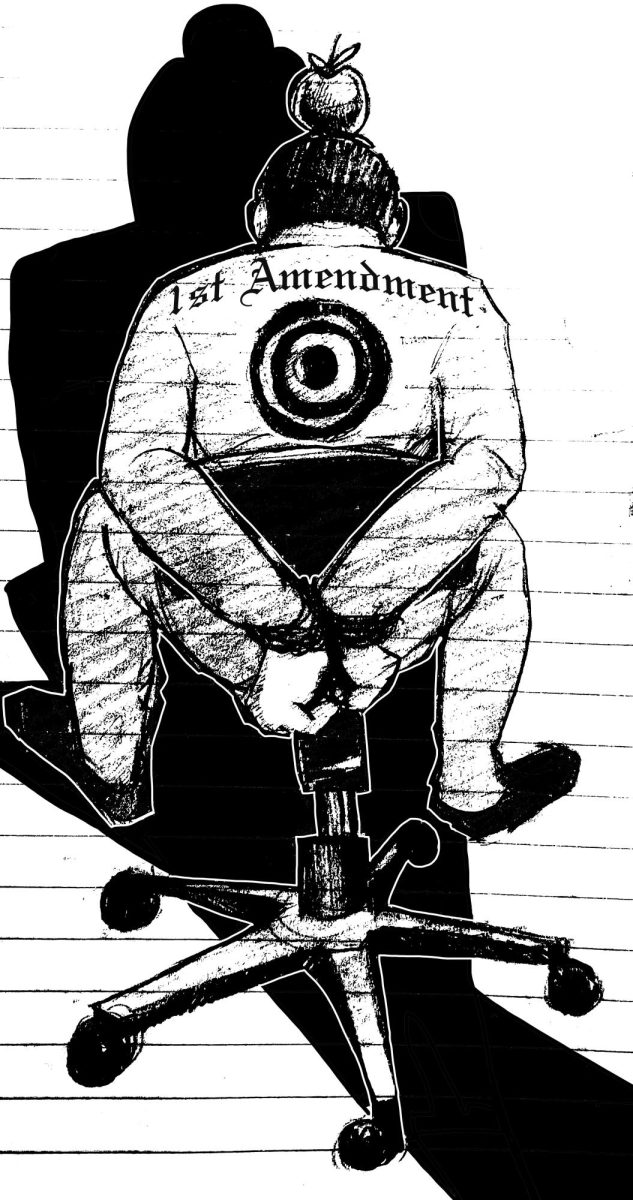Blue Tide in Texas: How Beto O’Rourke Turned a Long Shot Race into a Toss-Up
October 31, 2018
Texas has not elected a Democratic candidate to a statewide office since 1994. No Democrat with Robert “Beto” O’Rourke’s unique background has even come close: he’s been arrested, he’s bilingual, and he played in a punk rock band. He skateboards through Whataburger drive-thrus and livestreams his events. And to the dismay of the GOP, he has a real shot at beating incumbent Ted Cruz for a senate seat.
O’Rourke’s campaign is distinct, and careful not to fall into traps that have plagued many democratic candidates in Texas over the years. His presentation is perfectly curated to be authentic, as demonstrated by his refusal to cater his message as he traverses the state meeting with voters. That means he does not promise a wealthy liberal county one thing and a poorer rural county another. His message is consistent, even when it is not popular. He figures letting one’s true intentions shine through must count for something.
O’Rourke has his fair share of political experience. Since 2012, he has represented Texas’ 16th Congressional District in the state’s House of Representatives. His district includes most of El Paso County. For six years prior, he was on the El Paso City Council. Despite this experience, his unique background does not allow Texas Republicans to dismiss him as an establishment political insider (the rhetoric that hurt Hillary Clinton in 2016). Therefore, some are at a loss about how best to refute his unprecedented rise. For his part, Cruz has focused his attention on attacking O’Rourke’s ideological and cultural commitment to Texas. Cruz claims that O’Rourke wants to make Texas “just like California,” which may prove influential in a state that prides itself on its Lone Star identity. Both candidates’ campaign mottos include the word Texas, although Cruz’s expresses pride in the current atmosphere of Texas, while O’Rourke’s emphasizes change in the state (Cruz’s “Tough as Texas” versus O’Rourke’s “Texas Deserves Better”).
O’Rourke does not hesitate to remind voters of his status as a native Texan to refute Cruz’s claims. In fact, he paints himself as actually more in tune with the needs of the state. “Only one candidate in this race has been to every one of the 254 counties of Texas,” he told a crowd at Prairie View A&M University near Houston. In addition to his widely publicized commitment to visit every county in the state, his campaign also differs from Cruz in that he does not accept any Political Action Committee (PAC) money. Despite that, he has raised more than triple the money Cruz has so far. Donations to his campaign through ActBlue alone (a Democratic fundraising platform) exceed $25 million.
The political strategy of his campaign is two-pronged. He is enthusing the progressive left through his plans to legalize marijuana, reform Texas’ criminal justice system, and reform immigration laws; and appealing to disillusioned Trump supporters by promising improvements to education and the implementation of universal healthcare is the second half of his strategy.
Cruz seems confident that the “silent majority” of voters will show up and vote for him. He has also aligned himself with Donald Trump, who won the state’s popular vote by nine points. But all current polls give Cruz only a single-digit advantage, with some of the advantages well within the margins of error for the respective polls. On average, polls are showing Cruz with a six point advantage about a month ahead of midterms (when this story was written).
A Cruz loss could be disastrous for the GOP, damaging morale and shifting the party lines that divide Congress. Furthermore, an O’Rourke win will set off alarm bells all over Washington, as it will be a clear demonstration of the unwillingness of even historically red states to side with Trump. After a tumultuous two years in office plagued by scandal, many have wondered if longtime Republican voters will continue to support Trump and his behavior by voting for candidates aligned with him. Additionally, it is hard to tell if Democratic outrage will translate to votes, and if those votes will be enough to actually send a democratic senator to Washington in a deep red state. This Texas Senate race is one of our first glimpses into post-Trump voting behaviors, and will provide some clarity on our current climate as well as where we are headed.













